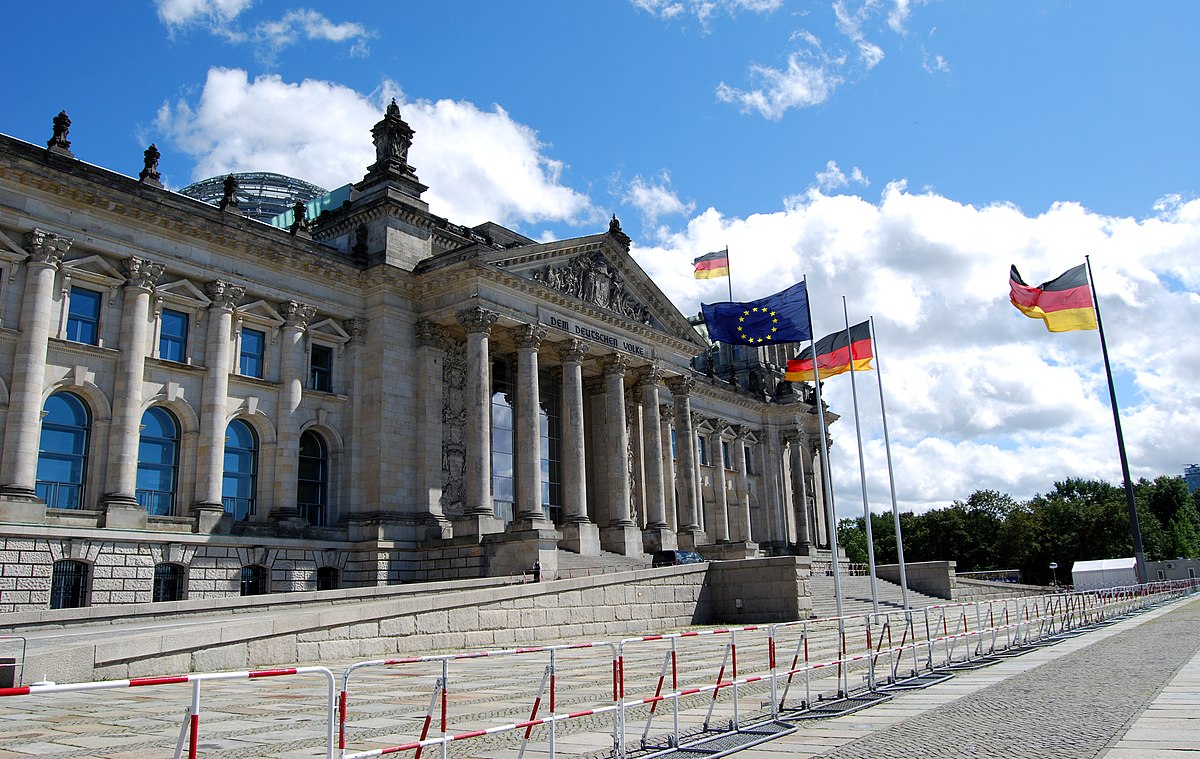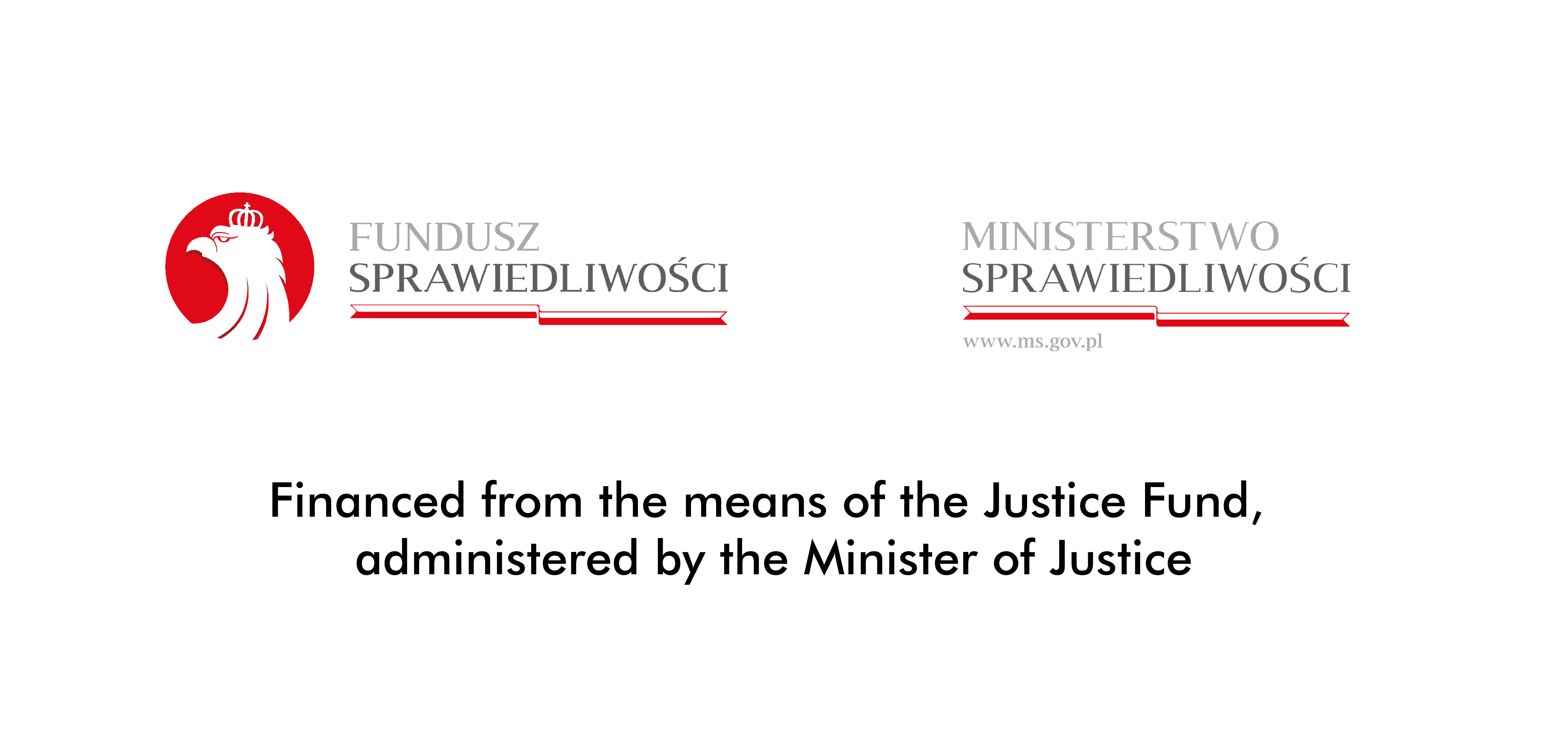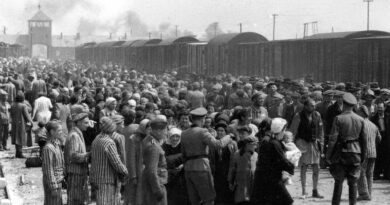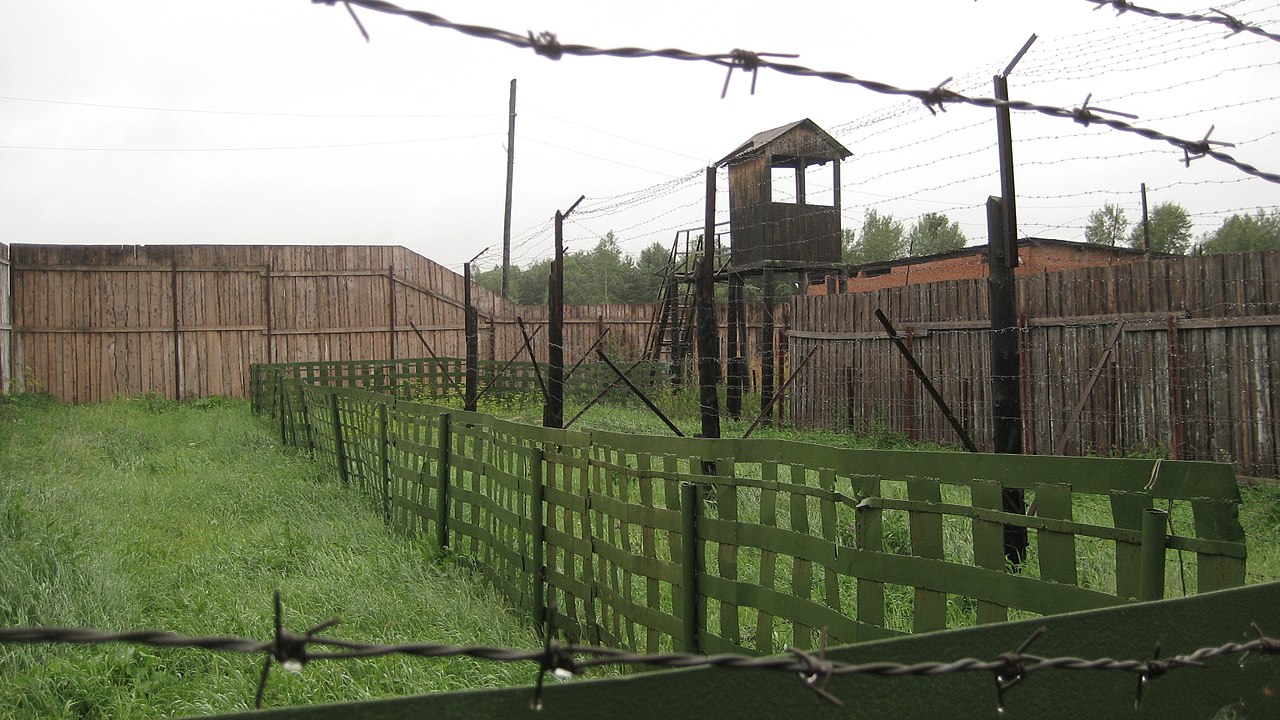Hegemon and the puppets: Germany cannot decide the fate of Europe alone

An interview with Professor Zdzisław Krasnodębski, sociologist, MEP of Law and Justice
RYSZARD GROMADZKI: Is the war in Ukraine and the sum of crises related to it, especially in terms of energy, a good time to finalize the EU superstate under the auspices of Germany?
ZDZISŁAW KRASNODĘBSKI: The question is complex, because those who promote this project probably think in those terms. In their opinion, the current crisis must be used to further strengthen European integration. Hence, there is talk of the need to abolish the principle of unanimity when it comes to foreign policy. As was the case during the financial and migration crisis or the recent crisis related to the COVID-19 epidemic, each time the powers of the European Commission and EU institutions increased. An example can be this huge program of economic recovery and reconstruction, from which we did not receive a penny, which allows – what is considered a turning point in European integration – to borrow the European Commission. It was similar with the financial crisis, when the so-called “European semester” was established. Attempts were also made to expand the EU’ powers during the migration crisis, however, they were blocked due to the resistance of the Visegrad Group. However, there are still plans to revise the Dublin Convention and establish a permanent relocation mechanism, of course under the supervision of the European Commission.
In essence, on the wave of all these crises, the Commission has gained strong powers in the areas of migration policy, energy, as well as financial and budgetary control. The drive to broaden the scope of powers of the main EU institutions is also present now. However, this time we are dealing with a different crisis, an exceptionally serious one, in which the fundamental weakness of the European Union has manifested itself, especially in the country with the strongest economy in the Union, i.e. Germany. A weakness resulting from a very strong energy – and hence political – dependence on Russia.
Let’s add military indolence to that…
The military weakness was known, because the EU is not a military alliance. Individual countries recognized that there was no longer any threat of war in Europe and began to disarm. Again, this is mostly true for Germany. The weakness of the EU, revealed by the current crisis, is the result of a completely erroneous policy pursued by the leading EU countries, based on good relations with Russia. Let us recall that just before her departure, Angela Merkel, together with President Macron, wanted to convene the EU-Russia summit.
Is this a good time to accelerate the construction of an EU superstate? If we were realistic, this is probably the worst time possible. It can be said that this is the time when the European elites or the centers of European power should deeply reflect and perform a critical examination of their conscience.
However, this self-critical reflection is nowhere to be seen. The German Chancellor, Olaf Scholz, is calling on EU countries to get out of the shell of nationalism, but Germany itself is pursuing an extremely selfish policy
Exactly. However, their selfish interest is always equated with the good of Europe. And they have one answer to every crisis: “More Europe”, that is, more Union, more centralization. According to the chancellor, Germany is ready to assume responsibility for the Union as its largest country. Responsibility “for the Union and the world” – he put it exactly like that.
Is this undisguised desire to take over the leadership of the Union by Germany a new strategy, opening the way to their full hegemony in Europe?
I would not see these declarations as a sign of a new political strategy, but rather as evidence of weakness. Of course, in a crisis situation, all centralists look to Berlin and expect Germany to do more, to take responsibility. Chancellor Scholz is not doing this, so there is great concern, also in national conservative circles in Germany, that this leadership role of Germany is diminishing. In my opinion, Scholz’s declaration was intended to reassure those circles who were afraid that Germany would cease to fulfill its role of a hegemon. In Angela Merkel’s time, people wanted to make her something like the “first saint” European Union. Germany was full of praise. During its successive terms, the Union was moving in a well-defined direction. As for the economy, it was determined by the dogma of low-emission and a move away from carbon and nuclear energy. Integration ensued by the method of side effects. As for its role in the world, the Union, under the auspices of Germany and France, had the ambition to become an entity almost equal to the United States, as well as to China and Russia. During Trump’s presidency, the EU was downright anti-American. When Joe Biden became president, it seemed that the US would withdraw from Europe and leave its management to the strongest countries, i.e. Germany and France jointly.
In my opinion, Scholz intended to reassure those worried about the crisis in German politics. The idea was to send an optimistic message to all those expecting leadership from Germany. We must be aware that there are many of them. It is not that Germany itself imposes its dominance on others. Let’s remember that at one time the Polish Minister of Foreign Affairs called on Germany to undertake courageous leadership.
Indeed, we remember the speech of Radosław Sikorski to the German elite …
Yes, but he only expressed the common mood. If you asked politicians from countries such as Luxembourg, Belgium or Austria, perhaps also from the Baltic states, they would probably consider Germany’s leadership beneficial to Europe. Question: what would they really want? What would this leadership of Germany be about?
Is it a longing for something like a European Reich?
The Baltic states would certainly be eager to see a greater military commitment by Germany in their favor. Supply of weapons, help in reorienting energy policy. Others count on Germany’s financial and economic strength. Chancellor Scholz assured: “Yes, yes, you can count on us. We are not shying away from our responsibility. We are happy to assume it. We are no longer a hegemon who is reluctant or forced to perform a leadership role. We are ready to assume it so that Europe will become a strong force in international politics.” But, realistically speaking, Germany’s leadership would have to mean that they are able to reevaluate their entire policy. Nothing to show for it.
In his speech, the Chancellor also referred to Europe as a “geopolitical entity”. Let’s remember that Ursula von der Leyen also stated that her Commission is “geopolitical” as opposed to the “political” Commission led by Juncker. His Commission was already a precursor of something new, because it was not supposed to be a political body, but one that would ensure compliance with the treaties and administer subsidies within the scope of its limited powers. Now the Commission definitely wants to be a super-government.
With the aspirations of a global player.
With the aspirations of a global player, the actual relationship, the balance of power between Berlin and Brussels as the administrative center, requires a definition. If Chancellor Scholz says that, “We, Germans, want to take responsibility for Europe”, it means that the center of political power would be Berlin, not Brussels. I understand that the Chancellor talked about taking this responsibility “jointly” – with Paris as well. Later there was a statement by an important German politician, Wolfgang Schauble, now in opposition, for Poland to join this leadership.
You can’t take Schauble’s offer at face value, can you? It is hard to believe that Germany would agree to a full-fledged partnership with Warsaw in a situation where Poland appears to be the main obstacle in their pursuit of European dominance.
Wolfgang Schauble is no longer a powerful finance minister, he is no longer the speaker of parliament, he is an opposition politician. The concept that the political architecture of Europe should support the three states in its center – Germany, France, and Poland – is not new. The Weimar Triangle was built on this concept, though ineffectively.
I would put it this way – if we were to take this offer seriously, what would it mean? That Poland would co-shape European policy and our postulates in this European policy would find an appropriate place, just like the postulates of Germany or France have found their place so far? When France wanted to recognize nuclear energy as part of a sustainable development policy, this was recognized. If she wanted something in the field of copyright, she got it as well. Participation in leadership would have to mean that what we are calling for is to become part of EU policy. Our postulates are known – opposition to Russian neo-imperialism, a union based on Christian values, a clear demarcation of powers between EU institutions and states, limitation of jurisdiction of EU institutions, equality of member states before the law, prohibition of the European Commission from interfering in areas reserved to national governments, such as justice or culture.
(…)
This interview was published in July 2022 in “Do Rzeczy” magazine.




